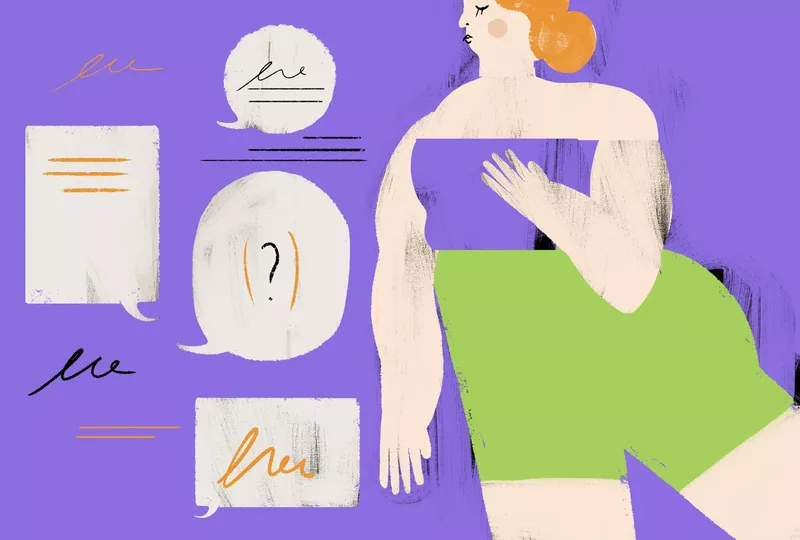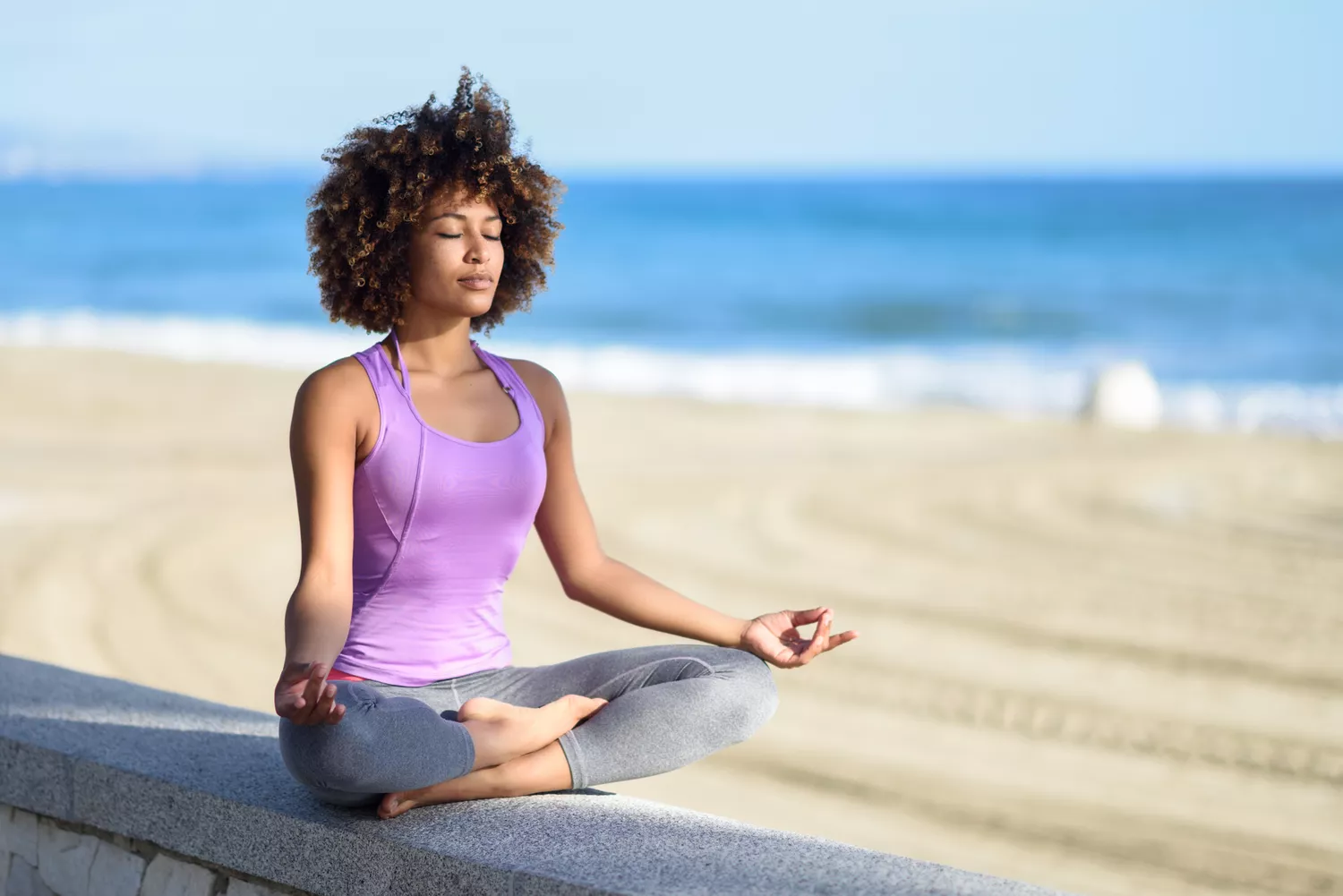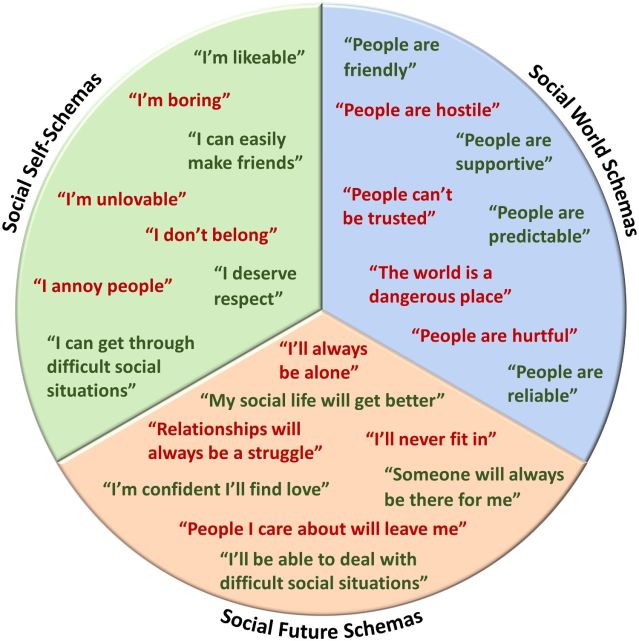Understanding the Impact of Stress and the Need for Effective Relief
In an increasingly demanding world, navigating stress is not just a challenge—it's a critical skill for maintaining holistic well-being. Chronic stress, a pervasive issue in modern life, extends beyond mental discomfort, significantly impacting physical health, cognitive function, and emotional stability. This guide unveils effective stress relief strategies, grounded in scientific research, to help you build resilience and foster a more balanced life.
The physiological response to stress, often dubbed the "fight or flight" mechanism, is designed for acute threats. However, when activated continuously, it floods the body with hormones like cortisol and adrenaline, leading to inflammation, elevated blood pressure, impaired immune function, and even affecting weight management (Stanford researchers, 2024). Recognizing these profound effects underscores the urgent need for proactive stress management.
Recent studies highlight how personalized approaches to stress reduction yield the best outcomes. A meta-analysis published by the American Psychological Association (2023) confirmed the efficacy of integrated mind-body practices in reducing generalized anxiety and improving mood regulation. Furthermore, neuroscientific research from Harvard (2024) points to the brain's plasticity, demonstrating how consistent engagement in calming practices can literally rewire neural pathways, enhancing emotional control and reducing reactivity to stressors.
Mind-Body Connection: Core Strategies for Effective Stress Relief
Cultivating a strong mind-body connection is paramount for achieving effective stress relief. These strategies focus on harnessing your internal resources to calm the nervous system and reframe your emotional responses.
Mindful Movement & Walks. Engaging in gentle physical activity, such as a brisk walk, offers immediate benefits. It shifts focus from internal stressors to external surroundings, combining the benefits of exercise with a change of scenery, proving to be a particularly effective way to reduce stress. (Matzer et al., 2018)
The Power of Physical Touch. Human connection through physical touch, like hugging a loved one, releases oxytocin—a hormone linked to happiness and reduced stress. This simple act can lower blood pressure and decrease stress hormones, fostering a sense of relaxation. (Jankowski et al., 2020)
Structured Exercise Routines. Beyond walks, consistent physical activity in various forms (strength training, cardio, kayaking) is a powerful stress buffer. Regular exercise enhances mood, improves sleep, and increases resilience to daily pressures, acting as a crucial component of stress reduction. (Wunsch et al., 2019)
Embracing Yoga and Meditation. Yoga integrates physical postures, breathing exercises, and meditation, offering holistic stress reduction. Meditation, whether through focused breathing or mindfulness, provides both short-term calm and long-term improvements in stress management by anchoring you to the present moment. (Francis & Beemer, 2019; Jamil et al., 2023)
Guided Imagery for Mental Escapes. This technique involves vividly imagining yourself in a peaceful scene, engaging all your senses. Research suggests guided imagery can improve attentional control and significantly lower stress levels by providing a mental "mini-vacation." (Research consistently points to its relaxation benefits.)
Progressive Muscle Relaxation (PMR). PMR teaches you to recognize and release tension by systematically tensing and relaxing different muscle groups, from your forehead to your toes. This practice enhances body awareness and promotes deep relaxation throughout the entire body. (Muhammad Khir et al., 2024)
Targeted Breathing Exercises. Simple breathwork techniques can rapidly calm the nervous system and brain in just minutes. Focusing on slow, deep breaths, especially with extended exhales, directly influences the vagus nerve, signaling the body to relax. (Bentley et al., 2023)
Aromatherapy for Sensory Calm. Certain scents, delivered via candles, diffusers, or body products, can influence brain wave activity and reduce stress hormones. Lavender, chamomile, and peppermint are often cited for their calming properties and can provide a pleasant escape. (Emerging research suggests positive effects.)
Creative Expression Through Art. Engaging in creative activities like drawing, painting, or even adult coloring books, can have a meditative effect. This outlet allows for non-verbal processing of emotions, reducing anxiety, depression, and improving mood. (Samuel et al., 2022)
Lifestyle Pillars: Building Resilience Against Stress
Beyond immediate techniques, establishing healthy lifestyle habits forms the bedrock of long-term stress resilience. These pillars support your body and mind in navigating life's challenges more effectively.
Prioritizing Leisure and Hobbies. Dedicating time to enjoyable leisure activities, from gardening to crafting, is crucial for mental replenishment. These breaks are not luxuries but essential components of a balanced, productive life, helping to reduce feelings of overwhelm. (Fancourt et al., 2021)
Fueling Your Body with a Balanced Diet. What you eat directly impacts your stress response. A diet rich in whole foods, healthy fats, and lean proteins stabilizes blood sugar and supports mood regulation, while refined sugars and processed foods can exacerbate stress and anxiety. (McKay et al., 2021)
Strategic Stress Relief Supplements. Certain supplements, when used judiciously and under professional guidance, can support stress management. Melatonin aids sleep, Ashwagandha and Rhodiola Rosea boost resilience, and B vitamins can improve mood and reduce stress markers. (Lopresti et al., 2019; Young et al., 2019)
Cultivating Positive Self-Talk. Your internal dialogue profoundly shapes your emotional state. Replacing harsh self-criticism with compassionate, realistic affirmations can foster a healthier outlook and improve your ability to cope with setbacks. (A fundamental principle in cognitive behavioral therapy.)
Practicing Daily Gratitude. Regularly acknowledging things you're thankful for shifts your perspective towards positivity. Gratitude practices are linked to better mental health, lower stress levels, and an enhanced quality of life. Consider a gratitude jar for a tangible reminder of daily blessings. (Valikhani et al., 2019)
The Power of Journaling for Reflection. Journaling offers a private space to process thoughts and emotions, identify stress triggers, and track patterns. This reflective practice, recommended by therapists (Mayo Clinic, 2025), can lead to greater self-awareness and problem-solving, acting as a personal debriefing tool.
Problem-Focused Approaches to Mastering Stress
While emotion-focused strategies help you manage your internal response, problem-focused coping involves actively changing or eliminating the sources of stress in your life. This proactive approach is key for effective stress relief when circumstances are within your control.
Reassessing and Streamlining To-Do Lists. Overwhelm often stems from an unmanageable workload. Learning to delegate, say "no," or prioritize tasks can significantly reduce daily pressure, making your life feel more manageable and less rushed. This is crucial for maintaining mental equilibrium.
Building a Robust Social Support Network. Strong social connections are a vital buffer against stress. Confiding in loved ones, joining community groups, or seeking professional support ensures you have a network to lean on during difficult times, preventing isolation and fostering resilience.
Strategic Stressor Elimination. Identifying and removing elements that consistently add stress to your life is crucial. This might involve limiting news consumption, setting boundaries with digital devices (perhaps a weekly digital detox), or moderating caffeine and alcohol intake. Making intentional changes can significantly improve your overall well-being.
Integrating Short-Term & Long-Term Effective Stress Relief Techniques
The most comprehensive approach to stress management involves a blend of immediate, short-term tactics and sustainable, long-term lifestyle changes. Quick tools like deep breathing or a brief walk offer immediate reprieve, essential for de-escalating acute stress in any situation (Birdee et al., 2023).
Concurrently, cultivating habits such as regular exercise, a balanced diet, and consistent mindfulness practices builds long-term resilience. These foundational habits transform your baseline stress level, making you less susceptible to chronic overwhelm and better equipped to handle future challenges (Burke et al., 2017). Combining both types of effective stress relief ensures you're prepared for both daily stressors and life's larger hurdles.
Experts at the National Institute of Mental Health (2025) emphasize that while individual strategies are powerful, their combined and consistent application yields the greatest benefits. Integrating a variety of methods—from physical activity to mindful practices and social connection—creates a holistic defense against stress.
Ultimately, effective stress relief is a journey of self-discovery and adaptation. No single strategy works for everyone, every time. The key is to experiment, observe what resonates with your unique needs, and commit to making these practices a consistent part of your routine for enduring well-being. If stress feels overwhelming or unmanageable, seeking guidance from a mental health professional is a proactive and courageous step towards healing.












